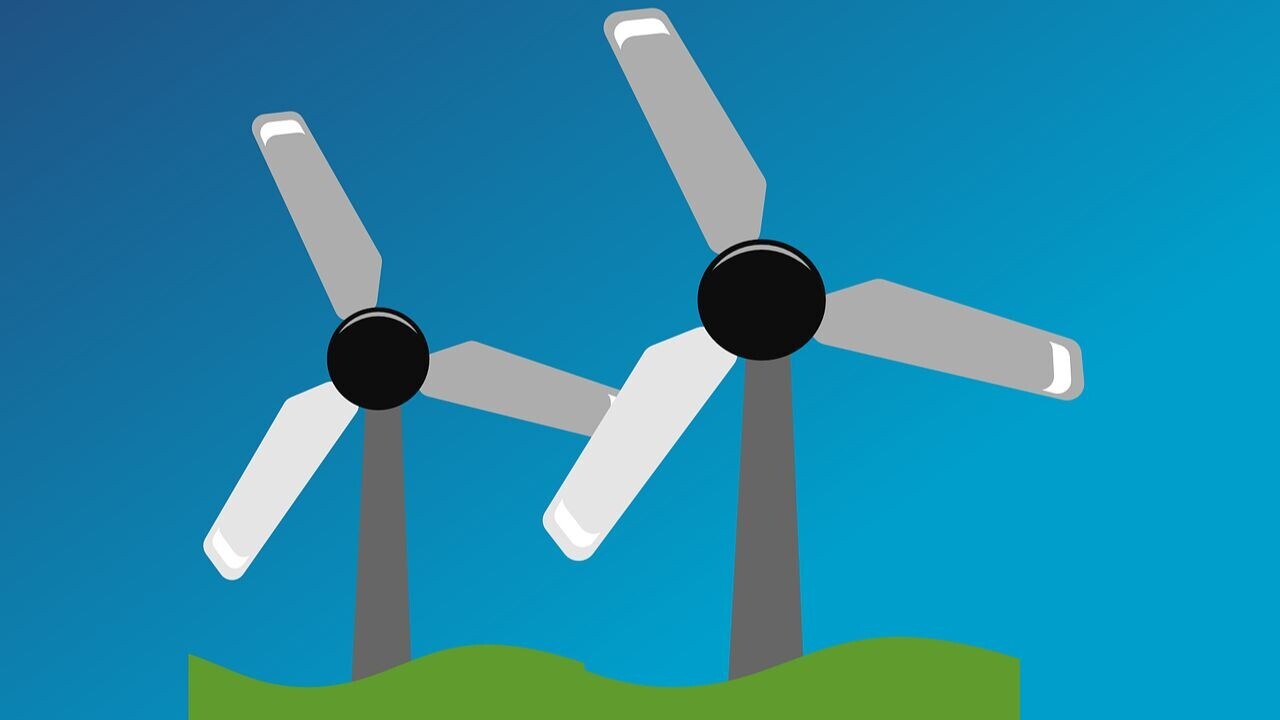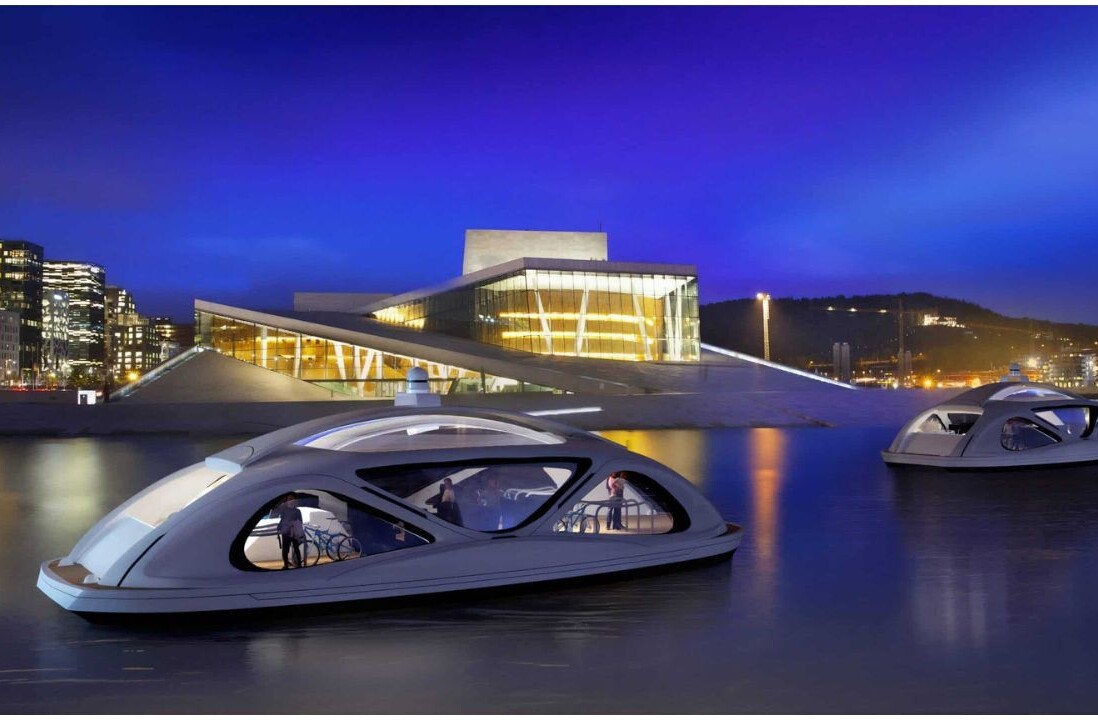
Amid a global race for green tech sovereignty, the European Parliament on Tuesday passed the Net-Zero Industry Act (NZIA) — a bill intended to boost the EU’s manufacturing output in the technologies needed for decarbonisation.
Initially proposed by the Commission in March, the NZIA sets a couple ambitious goals. Firstly, it seeks to ensure that at least 40% of the bloc’s net-zero technology demand is produced domestically by 2030. Secondly, it aims to capture 25% of the global market share for these technologies.
To achieve this, the act proposes several key actions to drive investment in domestic production of strategic technologies, spanning from solar and wind power to carbon capture, battery storage, and renewable hydrogen.
The measures include the acceleration of permits, a designated platform to enable the cooperation between the Commission and member states, the increase of skilled workers, and regulatory sandboxes member states can use to test innovative technologies.
With their Tuesday vote, MEPs suggested the expansion of the draft legislation’s scope to cover the entire supply chain of net-zero technologies, including components, materials, and production machinery. They also proposed a more comprehensive list of technologies and added nuclear fission, fusion technologies, and sustainable aviation fuels (SAFs).
“Without these steps to reduce the administrative burden, speed up processes, and increase public investment in our industry and innovation, Europe would face decarbonisation by deindustrialisation. This proposal shows we can prevent this”, said lead MEP Christian Ehler.
To finance this endeavour, the union will leverage support from funding programmes such as InvestEU, the Innovation Fund, and the upcoming European Sovereignty Fund. An overall budget plan has yet to be disclosed, but the bloc will have to compete with the US Inflation Reduction Act (IRA) — a $369bn subsidy package for North American-made green tech that has already raised fears over its potential to lure EU companies to the other side of the Atlantic.
Meanwhile, China accounts for 90% of global investments in net-zero tech manufacturing facilities, and the bloc still heavily relies on Beijing for strategic products such as photovoltaic components, EVs, and batteries.
It remains to be seen whether the NZIA — subject to approval by the Council — will manage to reverse this trend and boost the EU’s competitiveness and independence in the sector.
Get the TNW newsletter
Get the most important tech news in your inbox each week.





